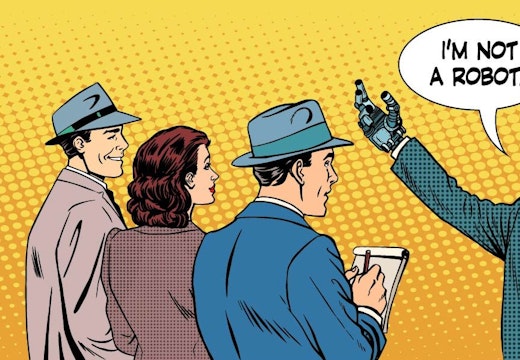Abolition of want? How work has become precarious in post-war Britain
On the 75th anniversary of the Beveridge social welfare report, employee relations experts from the London School of Economics reflect on how the nature of work has evolved in post-war Britain
The Beveridge Report, officially titled Social Insurance and Allied Services, was proposed to the British government in 1942 by Sir William Beveridge. The report provided a summary of principles necessary to banish poverty and ‘want’ from Britain, by building a system of state-operated social security to be implemented at the end of World War Two. It led to the establishment of a system of social security and the National Health Service as we know it today.
Building on the model of society of the time, it focused on the work security of the male breadwinner in a household. But 75 years on, how does this model shape up in today’s society? Work has evolved beyond recognition of post-war Britain, yet the government model for social security has not moved at the same pace.
Provoking a debate about work
Academics Dr Jamie Woodlock, Rebecca Campbell and Ruth Reaney from the London School of Economics (LSE) debated what Beveridge 2.0 would involve for work and how work could change in the future, in order to provoke a broader discussion on the current state employment in the UK.
It is the move from full time employment to a more fractured ‘gig economy’ of work that has had the profound effect on the assumptions that Beveridge made in the 1940s. It is the end of long-term, tenured work contracts and the blurred perception of self-employed and employment that has prompted soul-searching on current government models of work security.
While gig working is perceived to be more a flexible model for people’s increasingly pressured lifestyles, workers are often left in a vulnerable position without the right governmental support. Woodlock looked at how the rise in zero-hours contracts takes control away from the worker into the hands of management, whose priority is to drive down costs.
An increased burden
Putting enterprises such as Deliveroo and Uber under the microscope, Woodlock explained how the current social security system allows them to employ ‘self-employed contractors’ to form their ‘workforce’. This means they do not have to pay National Insurance tax and pensions for their workers, or deal with disputes from unions. Without necessary protocols in place, this could lead to job insecurity and an increased burden on British workers to save for retirement.
Beveridge’s original report outlined a welfare state fit for an industrial Britain in the post war years. 75 years on, is there now a call for Beveridge 2.0? An updated approach fit for the digital revolution requires us to scrutinise current methods of working. While on the surface the gig economy is giving people choice and autonomy over who they work for and when, in reality does it just give corporates the power to outsource their workforce and drive costs down?








